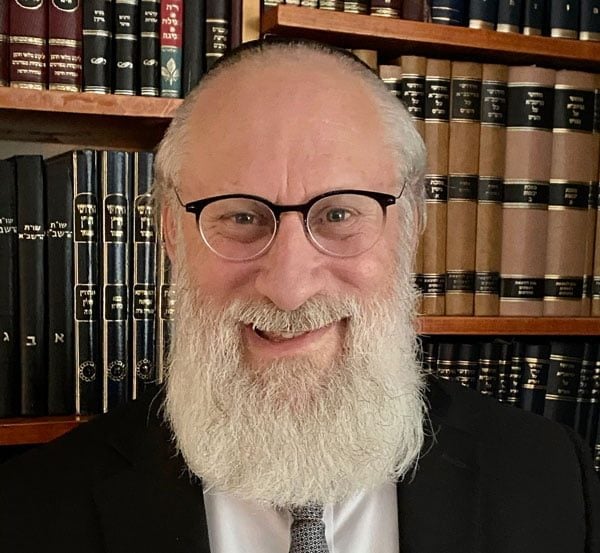Ask the Rabbi: The Mitzvah of Blowing the Shofar. By Rabbi Yerachmiel D. Fried

Ask the Rabbi: The Mitzvah of Blowing the Shofar. By Rabbi Yerachmiel D. Fried
Dear Rabbi,
At this time of the year I am always troubled by the fact that all Jews “know” there is a mitzvah to hear the shofar on Rosh Hashanah. I have searched, however, many times and asked rabbis, and cannot find the word shofar in the Torah in reference to Rosh Hashanah. That strikes me odd, and would appreciate an explanation.
Marc W.
Dear Marc,
Your question is a great one, and, in truth, you will indeed never find the word shofar in reference to Rosh Hashanah! What’s more, you will also never find the word “Rosh Hashanah” in the Torah either!
This fact is just one of myriad examples of how beholden all Jews are to the Oral Tradition. We believe that together with the written Torah, G-d also gave the Jews an oral explanation of that Torah.
Imagine you attended a lecture where the speaker transmitted reams of information and you took short notes to remind yourself of each new thought. Your notes would be unintelligible to anyone who wasn’t at the lecture, as your notes only serve as reminders of far greater and more expanded ideas. Such is the Torah; the brief, concise words of the Book are, in a sense, notes of a vast lecture given to Moshe and the Jews at Sinai and in the desert, and the Oral Tradition is that lecture itself. The key points of that lecture were much later codified into the Mishna, Talmud and various Midrashim.
What the Torah does says is “…in the seventh month, on the first of the month, there shall be a rest day for you, a remembrance of “teruah”; a holy convocation.” (Lev. 23:25). It says further, “In the seventh month, on the first day of the month, there shall be a holy convocation for you, you shall do no laborious work; it shall be a day of “teruah” for you.” (Num. 29:1).
The Talmud explains that the first day of the seventh month, or the Jewish month of Tishrei, is Rosh Hashanah. It is the seventh rather than the first month, as we count our months from Passover, which is the month of our birth, rather than from Tishrei which is the month of the birth of the world.
“Teruah” has many meanings in Hebrew; in this case it means a day of “blowing”. What exactly does that mean? There are many wind instruments in an orchestra. The Torah itself at times uses this term to refer to blowing a trumpet.
In this case the Talmud, based upon the Oral Tradition from Sinai, has ruled that the Torah is referring to a ram’s horn, better known as a shofar.
There are multiple layers of meaning that we can understand through the mitzvah of hearing the shofar on Rosh Hashanah. One is a reminder of the ram offered in place of the sacrifice of Isaac, whose dedication and self-sacrifice remains a tremendous merit for the Jewish people until today. It reminds us to be dedicated Jews. Another is the revelation of G-d at Mt. Sinai which the Torah says was through a heavenly blast of the shofar. This reminds us to be dedicated to the Torah and its study. Still another is the great shofar blast which will usher in the Messianic times. It reminds us to remain faithful through our often painful, trying exile in order to merit to the eventual redemption.
The word “teruah” also means an awakening, which hints that the shofar awakens us to these ideals.
The word “shofar” comes from the root “shapeir”, which means to improve. This hints that the call of the shofar is an annual wake-up call to improve our actions and become better Jews and people throughout the year.
It also contains the root “reyah”, which means beloved, to remind us how much G-d loves us and to rekindle our love for Him when hearing the shofar.
“Reyah” also refers to our beloved friends, our fellow Jews. At the moment of the blowing of the shofar the Jews are united like no other time during the year. It’s a special time to focus on what we can do for our fellow Jews in need of our attention, a smile, a word of encouragement or otherwise.
One of the great leaders of our generation, Rav Nosson Tzvi Finkel ob”m, stood up to speak before the last shofar blowing of his life, despite tremendous weakness and pain. His entire speech, delivered in the hallowed Mir Yeshiva, consisted of the following words: “People ask me what should they think about during the blowing of the shofar? And I tell them, think about someone else.” And he sat down…




